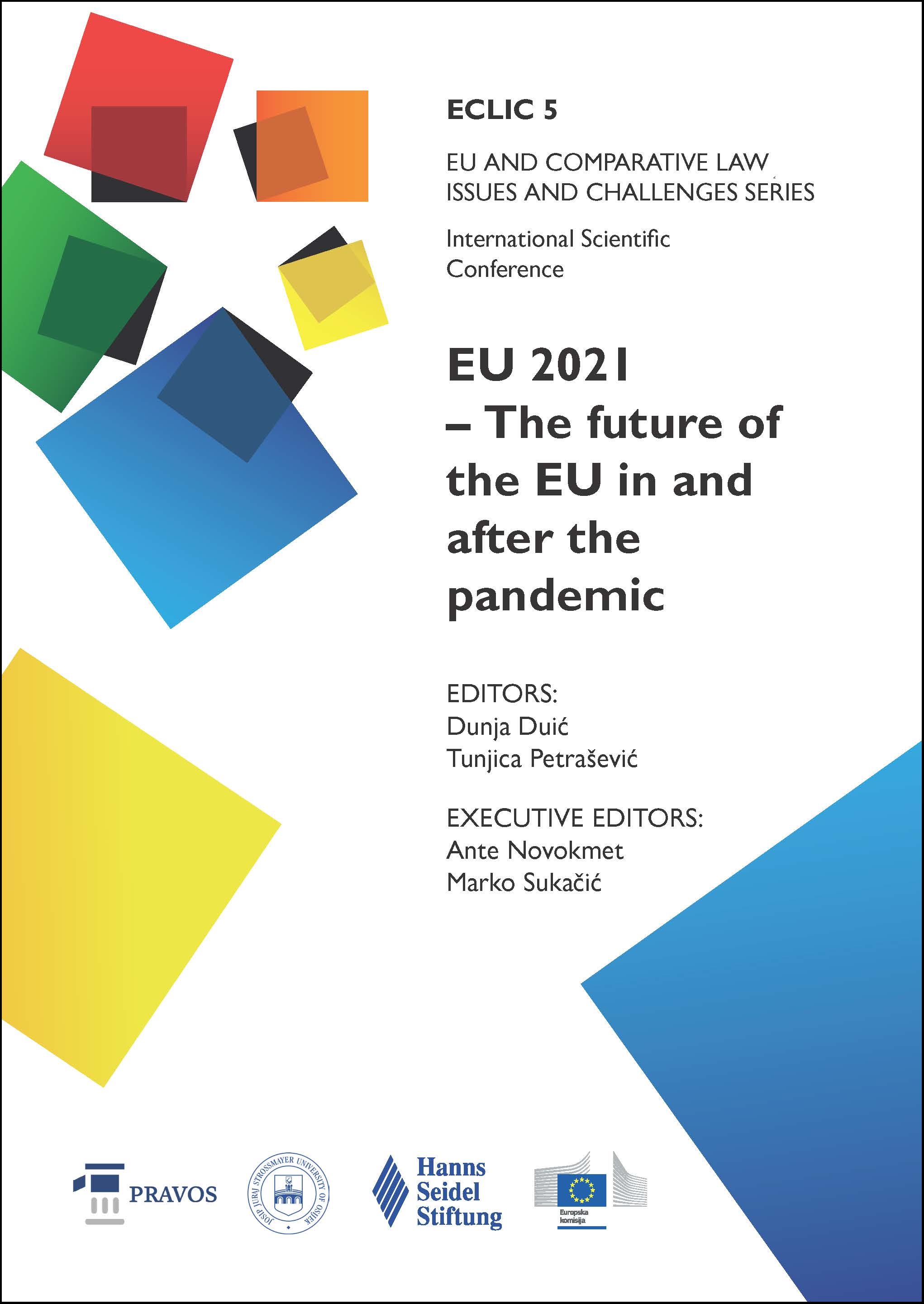SPECIALIZATION OF JURISDICTION BACK FROM OBLIVION – A NEW ATTENTIVE AND ASSIDOUS APPROACH TO COMPLEX CROSS BORDER FAMILY LAW CASES OR POSSIBLE REVITALIZATION OF ‘MUTUAL TRUST’
DOI:
https://doi.org/10.25234/eclic/18319Abstract
New trend emerges in the quest for establishing real actual trust between the main stakeholders in the complex cross border family law cases, which is providing for concentration of jurisdiction. The Hague Conference of Private International Law (HCCH) and the European Union (EU) are in forefront of establishing concentrating jurisdiction for those proceedings based on limitation of the number of courts in order to solve two problems: to enhance the predictability and the uniformity of the outcomes in these cases and to re-establish the mutual trust on realistic grounds instead of its current notion as a political decision. Such strategy is welcomed since it starts from the bottom and it tends to elevate the trust between the persons concerned in these proceedings and with that it stretches its prerogatives to the top, which is to enhance the trust between the legal systems. Whether it will succeed it depends again on the modalities of its establishment in the national legal systems. Generally, specialization of jurisdiction is frequently considered to be an important reform initiative in improving the development of a successful judicial system which is why it is recognized as a rapidly growing trend regarding the organization of the judiciary systems worldwide. The article will discuss the concepts of specialization of jurisdiction and its possible implementation in the national legal system of Republic of North Macedonia (N. Macedonia) regarding the complex cross border family law cases.
Downloads
Published
How to Cite
Issue
Section
License
Copyright (c) 2021 Milka Rakočević, Ilija Rumenov

This work is licensed under a Creative Commons Attribution-NonCommercial 4.0 International License.
Authors retain the copyright on the papers published in the Journal, but grant the right of first publication to the Journal. Papers accepted for publication or already published in ECLIC of the Faculty of Law in Osijek may be published by the author(s) in other publications only with proper notice of its previous publication in ECLIC.


